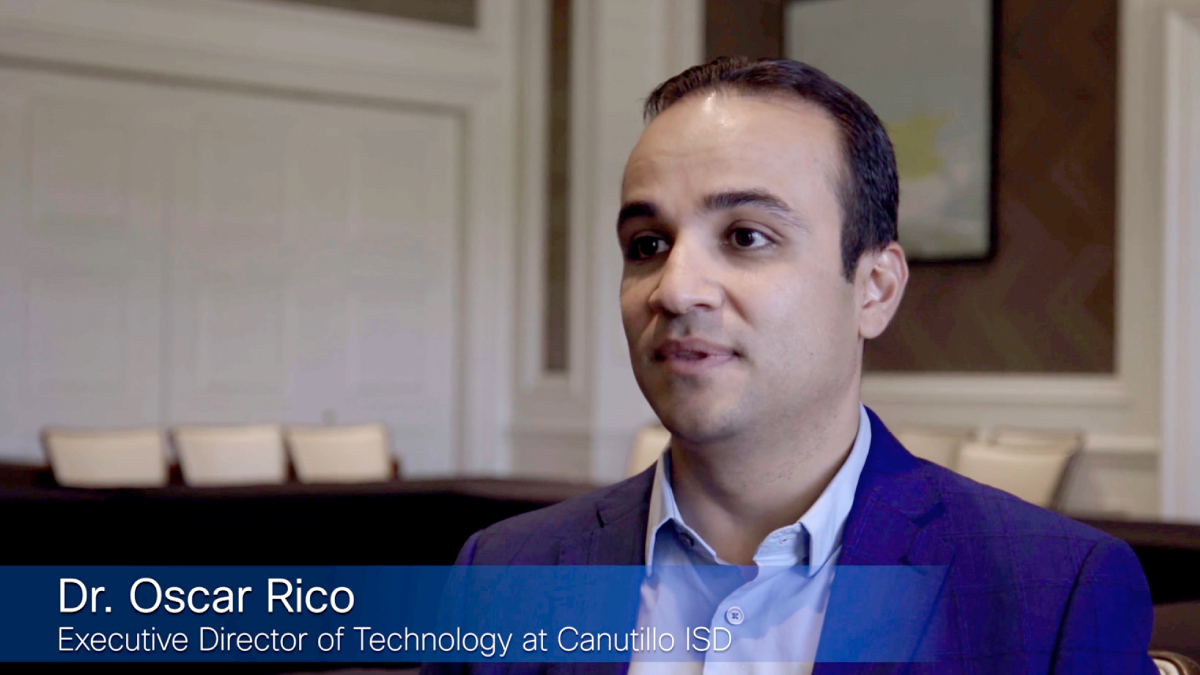SAN JOSE, CA - February 12, 2008 - Cisco announced today that Virginia Commonwealth University, one of the United States' premier research institutions and Virginia's largest university, has deployed Cisco Network Admission Control as part of a comprehensive Cisco-based network security infrastructure that supports more than 40,000 students, faculty, and staff.
The university, which supports 32,000 students and more than 10,000 faculty and staff members, relies on a number of Cisco offerings - Catalyst 6500 Series switches with firewall service modules, intrusion prevention systems, Adaptive Security Appliance units for virtual private networks, the Cisco Security Monitoring, Analysis and Response System (CS-MARS), Cisco Security Management (CSM) and NAC Appliance. VCU's reliance on NAC Appliance rounds out the university's network security infrastructure by ensuring that access to the school network is controlled in compliance with security policies and requirements for users and devices.
"You can use a firewall to secure your network from the outside, but you can't protect it from an inside threat," said Kay Sommers, VCU's information security manager. "With Cisco's NAC Appliance, we can protect our internal network as well by giving us a valuable tool that complements our overall security infrastructure. It's a comprehensive security infrastructure that includes multiple network security solutions from one vendor. This is why we chose Cisco - for its breadth and reliability."
Breadth and reliability are top-of-mind network security requirements for understandable reasons. VCU's IT infrastructure is larger than many enterprise organizations. It consists of more than 500 servers, which are guarded by IPS devices from Cisco. Its network features a Multi-Protocol Label Switching-based (MPLS) architecture that consists of 1,800 switches. Core switches report into CS-MARS, which aggregates and correlates threat analysis that's useful for inspecting everything from peer-to-peer traffic to preventing denial-of-service attacks. NAC Appliance governs network access for users and their devices by confirming whether they carry required security patches and anti-malware software updates. Only devices that meet the IT team's security policies are permitted onto the network. Those that fall short are denied access and undergo appropriate remediation before receiving the green light.
Sommers said the collaboration between efficient MPLS-based networking and security is seamless, helping the university's IT organization secure network access reliably. This is especially beneficial at VCU's dormitories, where the mix of IP-enabled devices seeking access to the Internet and university network is extremely diverse. Gaming consoles and mobile phones are joining traditional desktop computers and laptops in connecting to the university's network, and the number of applications that students are using today - particularly social and collaborative media - creates a complex, around-the-clock security challenge. But NAC Appliance provides the gatekeeping enforcement needed to ensure that only secure devices access the network.
"We have 4,700 students living in the dorms, and they want seamless access to the school network as if they were at home," Sommers said. "This is why we started focusing our NAC deployment within the dorms. Many students bring computers and devices from home with varying degrees of security measures in place. Cisco's NAC Appliance is the great equalizer, ensuring that any user with any device abides by university security policies. This goes for our entire campus. We have a potential for 42,000 network connections anywhere and anytime, so we have to facilitate security across our network without undermining access. Our network security needs to be enterprise-grade, and with Cisco, we have that in place."
"VCU is really demonstrating the collaborative benefits of Cisco's Self-Defending Network strategy, and NAC Appliance is playing a pivotal role in tying their network security infrastructure with their policy compliance standards," said Mick Scully, vice president of product management for Cisco's Security Technology Group. "We have more than 2,000 NAC customers worldwide, and while they hail from various industries, many are universities because they require sophisticated security offerings that can support complex networking demands and user demographics. NAC helps ensure the network protection large campuses need."






